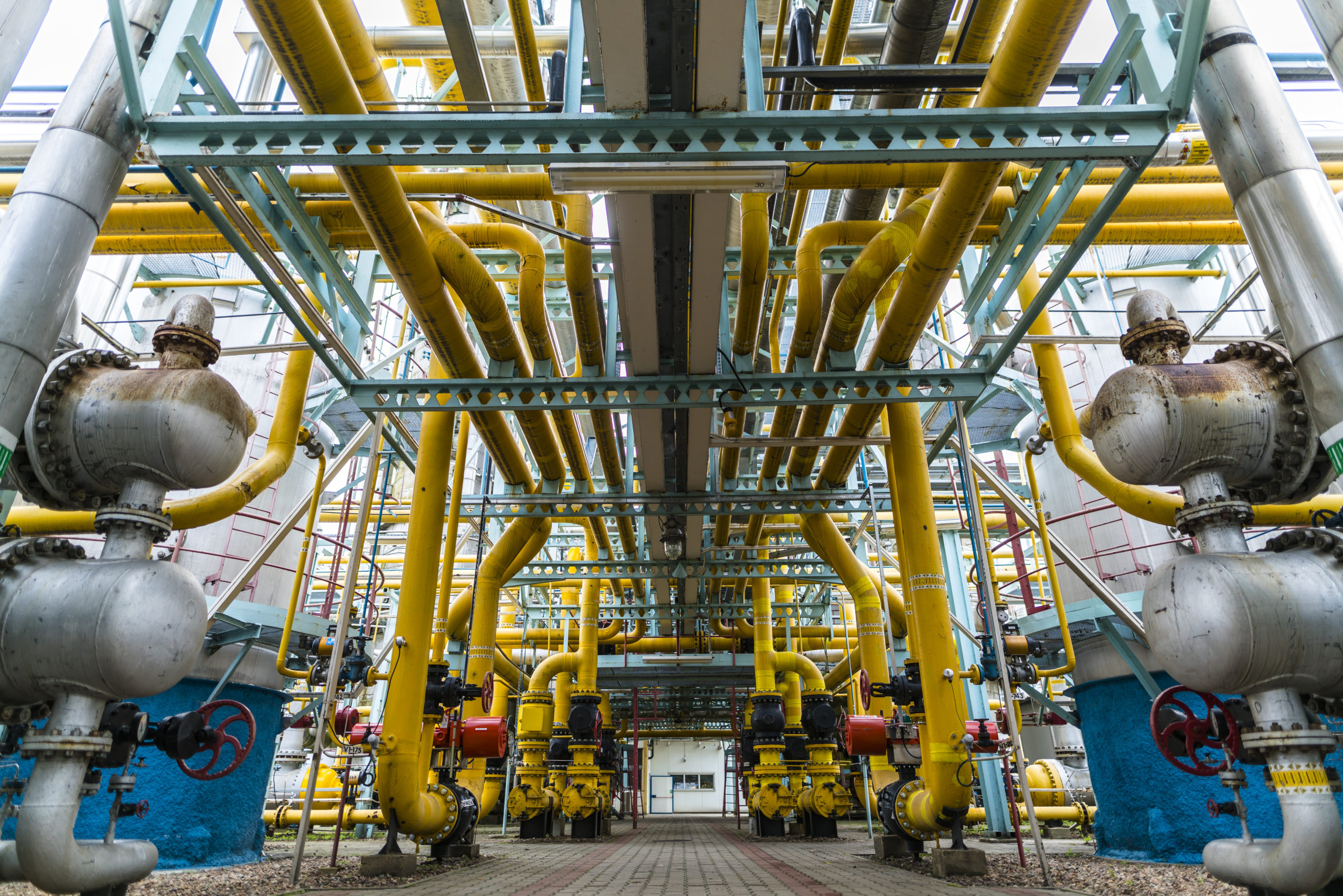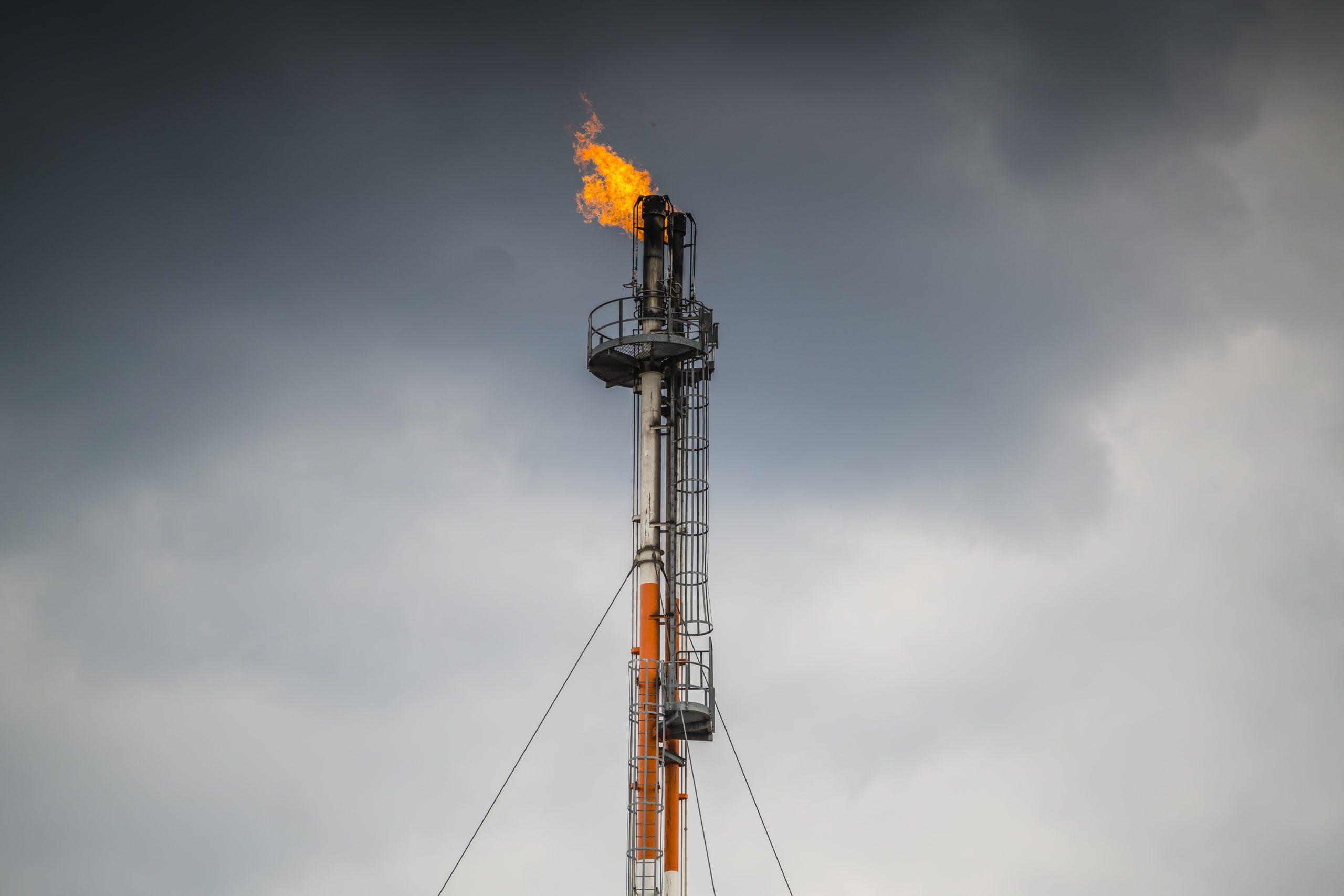
Development prospects
In the short term, PSG is taking steps which, through the roll-out of the gas network and connection of end customers (mainly as part of „network densification”, i.e. connection of new service lines to the existing gas network), are part of the anti-smog measures. In parallel, PSG participates in the ‘Connect, because every breath matters’ campaign.
In the medium term, PSG takes steps to convert, modernise and build a new gas network in order to maintain the security and continuity of gas fuel supplies and the long-term capacity to connect new industrial customers, including in particular district heating accounts below 50 MW. This is in line with the arrangements set out in the MCP Directive, which strengthens the emission standards of certain pollutants into the air from medium-sized combustion sources. These arrangements indicate that existing installations with a capacity greater than 5 MW have until 2025 to comply with the new emission standards, and those with a capacity of up to 5 MW – until 2030. Switching to gaseous fuel, by connecting to the gas network, represents an opportunity for these facilities to reduce harmful emissions.
The business potential is recognised in the development of the market for new renewable gas products and the target volumes of these gases to be transported, which can offset (to an extent dependent on economic and regulatory factors) the declining energy significance of natural gas in the „Green Deal” economy. Therefore, PSG is conducting multi-faceted analyses to prepare the gas infrastructure for the distribution of renewable gases.
Last year, PSG actively participated in initiatives coordinated by the Ministry of Climate and Environment on the renewable gas, natural gas and hydrogen markets, and in 2022 it will carry out activities in the performance of:
- Agreement of November 23rd 2021 on cooperation in developing the biogas and biomethane sector;
- Sectoral agreement of October 14th 2021 to build the hydrogen economy.
Fostering the chance of contributing to the achievement of strategic objectives set out in these agreements, PSG is actively engaged in the activities envisaged for business representatives.
PSG will continue to issue service-line pre-contract documentation for biomethane units in accordance with the developed standards. The introduction (in the second half of 2022) of legislative measures planned by the government to regulate the biogas and biomethane market, as well as the conditions arising in PSG’s environment and affecting business, technical and social aspects of the implementation of Poland’s energy policy, will be reflected in relevant updates of process solutions and related documents. The solutions will be communicated on an ongoing basis to all employees of PSG’s organisational units involved in the process of biomethane plant connection to PSG’s gas distribution network.
In view of the long-term policy of the European Union, known as the European Green Deal, which envisages achieving climate neutrality by 2050, and the priority for the generation of energy from renewable energy sources (RES), PSG will continue to analyse, both in technological and regulatory aspects, on a project basis, further issues related to extension of the functionality of gas infrastructure to transport natural gas mixtures containing other gases, primarily gases from renewable sources, i.e. biomethane, hydrogen and synthetic natural gas. In order to achieve the organisational and technical capacity for economically viable distribution of these gases, a number of strategic issues, as well as energy policy, economic, social, environmental, technical, legal, organisational and business aspects, need to be analysed. Cooperation and experience sharing with foreign and domestic entities involved in the implementation of the Power to Gas project, as well as preparation/operation of gas networks for the transport of natural gas mixture containing hydrogen or transport of 100% hydrogen will also continue. In the R&D area, analyses will focus on feasible projects to expand the functionality of the gas network and prepare for the distribution of decarbonised gases, improve the efficiency of gas fuel distribution, as well as to ensure the operational safety of gas infrastructure and the continuity of gas fuel supply.
PSG also engages in cooperation with the PGNiG Group and entities from the fuel sector to develop a business model which, taking into account the prevailing market conditions and the policy of the state, will enable the development of alternative fuel infrastructure and create conditions to offer vehicle users a viable CNG refuelling option.
Currently, all projects to develop alternative fuel infrastructure under the ‘Programme to build natural gas stations and to upgrade, expand or build networks necessary to connect these stations in 2019–2022’ are at final implementation stages. Projects to construct 23 CNG refuelling stations, including two LCNG facilities, are under way. By the end of 2021, 20 CNG stations, including two LCNG stations, were commissioned. Currently, these projects are being notified by the contractors to the Building Inspection Authority in order to obtain administrative operating permits. Detailed rules for the Final Acceptance of the projects, together with functional tests of the stations technical parameters, have been developed.
